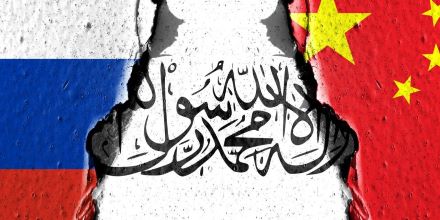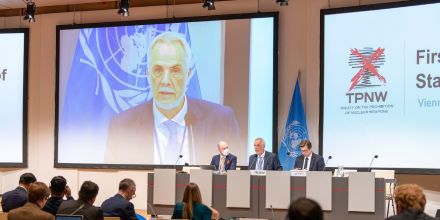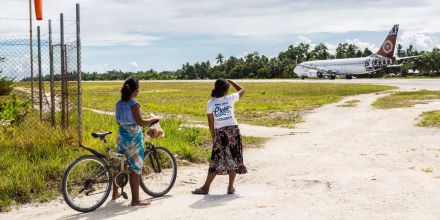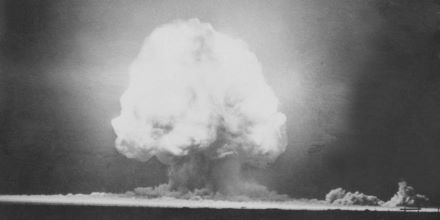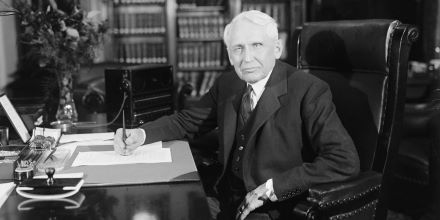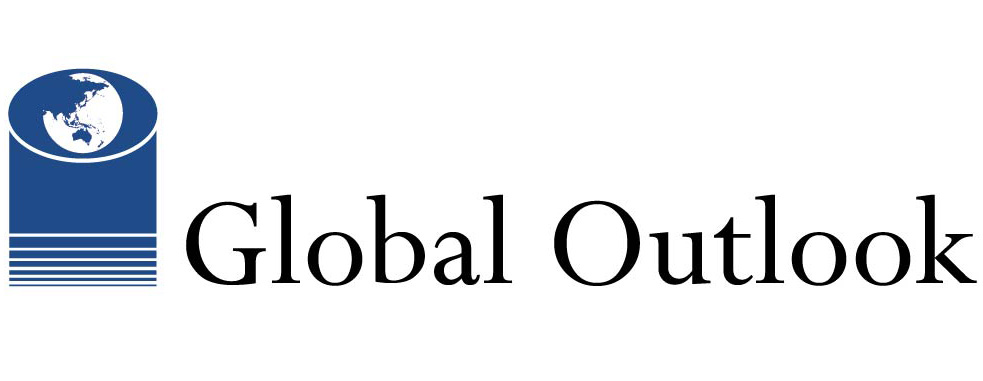
Curated expert opinion on intractable contemporary issues
The West is Facing a New Alliance of Autocracies and Theocracies
By Amin Saikal | 16 July, 2022
World politics has reached an ominous phase of polarisation. The struggle between the US-led democracies and the Russo-Chinese-led autocracies primarily underpins this development. Yet there’s also another dangerous dimension to it: the emergence of close relations between the autocratic powers and such extremist theocratic forces as the Taliban in Afghanistan.
Special Interview with Alexander Kmentt, President, First Meeting of States Parties to TPNW
By Satoshi Kinoshita | 11 July, 2022
Seikyo Shimbun has generously allowed republication of their interview with Ambassador Alexander Kmentt, President of the First Meeting of States Parties to the TPNW which was held in Vienna from 21-23 June 2022. Ambassador Kmentt gave this interview to Seikyo Shimbun on 24 June 2022 and it was first published on 6 July 2022.
Navigating Climate-Related Mobility and Human Security in the Pacific Islands
By Tim Westbury | 08 July, 2022
The Pacific Islands security narrative is often dominated by voices and interests from outside of the region. At the recent Shangri-La Dialogue, among the hype surrounding geo-strategic competition in the Pacific, Fiji’s Defence Minister Inia Seruiratu said that the “single greatest threat to our very existence is ... human-induced, devastating climate change.”
The Nuclear Taboo is Key to Preventing Collapse of the Nuclear Order
By Rakesh Sood | 06 July, 2022
The nuclear scenario today appears confusing. On one hand, the nuclear taboo has held, the NPT is a near universal treaty, and nuclear weapon stockpiles are a fourth of what they were at the height of the Cold War, and yet, on the other hand, there is a perception that nuclear risks are higher than before.
Cynicism Rears its Head in the War in Ukraine
By Chung-in Moon | 05 July, 2022
In the space of just over four months, the Ukraine war has turned into an exhausting global conflict that has already left the West feeling increasingly fatigued.
War and Nuclear Weapons: Putting the Cart Before the Horse
By Joelien Pretorius | 04 July, 2022
A ban is not an exercise in abstract morality, but involves questions of power, most importantly how people can amass discursive power to change the rules and operation of the international system to the extent that wars of aggression became “presumed against”.
The views and opinions expressed in Global Outlook are those of the authors and do not necessarily reflect the official policy or position of Toda Peace Institute.
